Peter Dutton says Australians can’t afford 65 to 75 per cent 2035 target amid cost-of-living crisis
Peter Dutton opens up a new front in the climate wars as Anthony Albanese declares his rival ‘can’t be taken seriously as the alternative prime minister’.
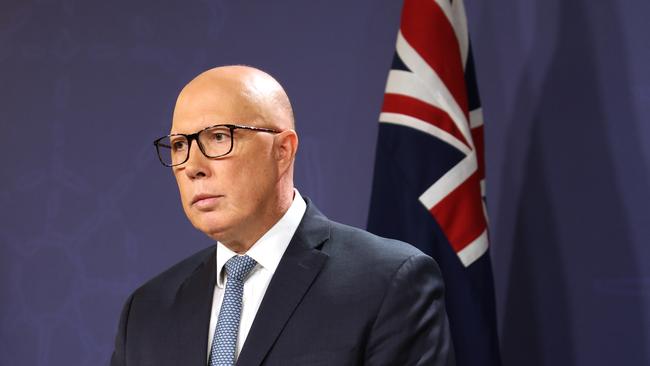
Peter Dutton has opened up a new front in the climate wars by rejecting a possible 2035 emissions reduction target of 65-75 per cent, as Anthony Albanese declares his political rival “can’t be taken seriously as the alternative prime minister” without a “serious” energy and climate change policy.
The Opposition Leader, who sparked outrage from pro-climate MPs and green groups after confirming he won’t take any medium-term targets to the election and will oppose Labor’s 2030 goal of 43 per cent, demanded the government release economic modelling to understand the impacts of a 65-75 per cent target in a decade’s time.
The Climate Change Authority, which is advising Climate Change and Energy Minister Chris Bowen on his 2035 target, said in April a target in the range of 65-75 per cent below 2005 levels “would be ambitious, and could be achievable if additional action is taken by governments, business, investors and households”.
Mr Bowen and the Prime Minister are refusing to say whether they’ll adopt such a target.
“I’m not going to sign up to a policy that the Prime Minister is proposing at the moment that during a cost-of-living crisis, which Labor’s created, families can’t afford to pay their electricity bills now, and he’s talking about a 65 to 75 per cent target in 2035, which is going to drive your electricity prices up even higher,” Mr Dutton said.
“I just don’t think families can afford another 20 or 30 per cent electricity price increase under Mr Albanese, when he signs up to a 65 to 75 per cent target without any economic modelling.
“Let’s release the economic modelling to understand what it means.”
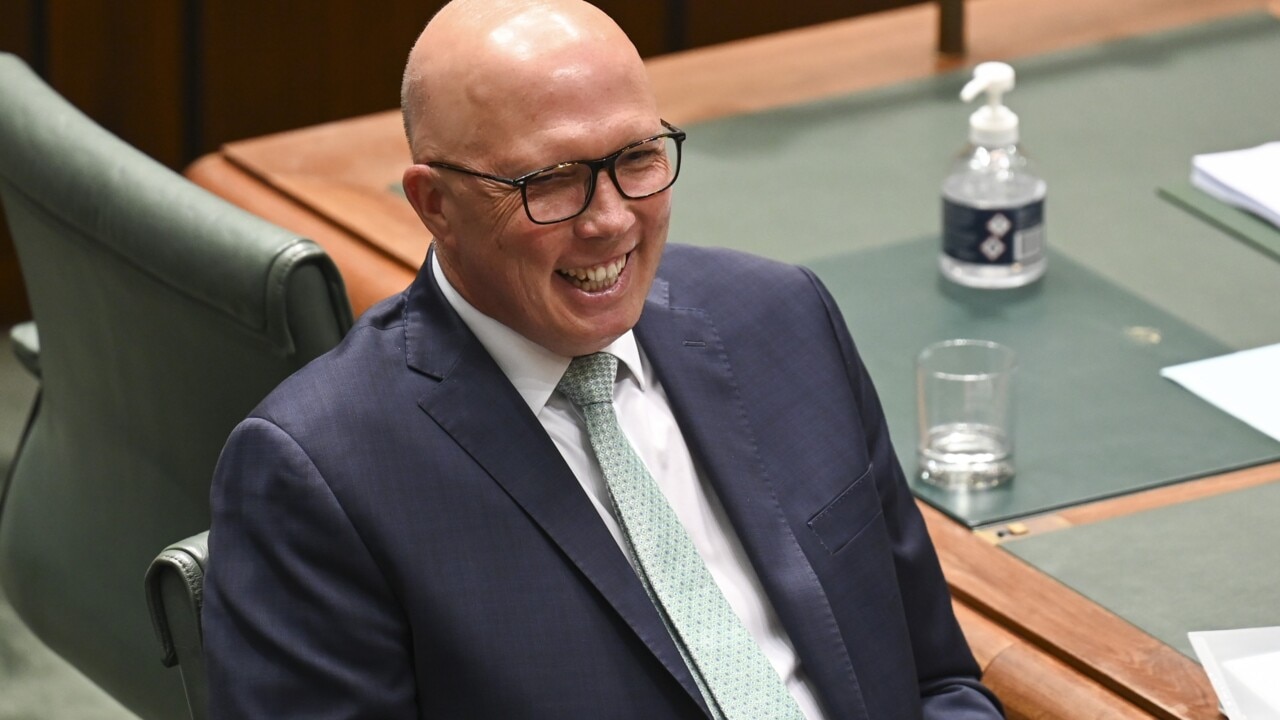
The ongoing feud over emissions reduction targets and energy policy ramped up on Thursday, with Mr Albanese accusing Mr Dutton of wasting his first two years as Opposition Leader “without having a single fully costed policy announced in any budget reply”.
“If you don’t have a serious policy on energy and on climate change, then you can’t be taken seriously as the alternative prime minister of Australia,” he said.
“What they have done for a long period of time is say the climate action has all these things that people should be fearful about.
“What we know is that climate action is also good economic policy. It’s not only important for our environment, it’s important as the globe transitions to a clean energy economy.
“What Peter Dutton is doing is saying, ‘Well, in 2040 I will have nuclear reactors’, without saying who will pay for them, without saying where they will be, and without any explanation at all for what happens to the energy grid in the meantime because coal-fired power stations are closing, they continued to close on their watch, and you need renewables which are firmed up.”
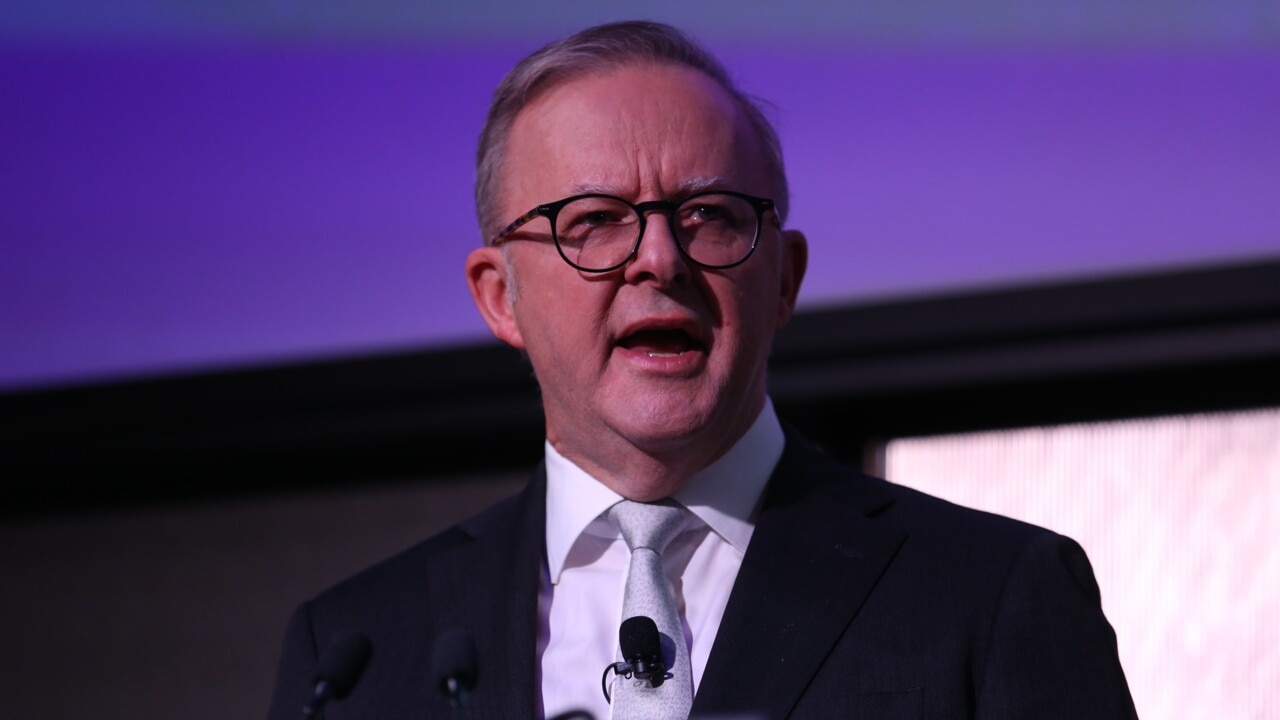
Nationals leader David Littleproud, who says Nationals MPs will have nuclear reactors in their electorates under the Coalition’s energy plan, said regional and rural communities would accept nuclear power plants because of their “smaller” footprint.
“They’re not having their landscape ripped up, their primary agricultural land ripped up. Your food security ripped up, your cost of living going up because we’re producing less, because this will be on the footprint as similar to the size of an existing coal-fired power station. In fact, smaller,” he told 2CC radio.
Mr Albanese conceded his government needed to properly consult regional communities concerned about 10,000km of renewable energy transmission lines, but they weren’t asking for nuclear as an alternative to wind and solar farms.




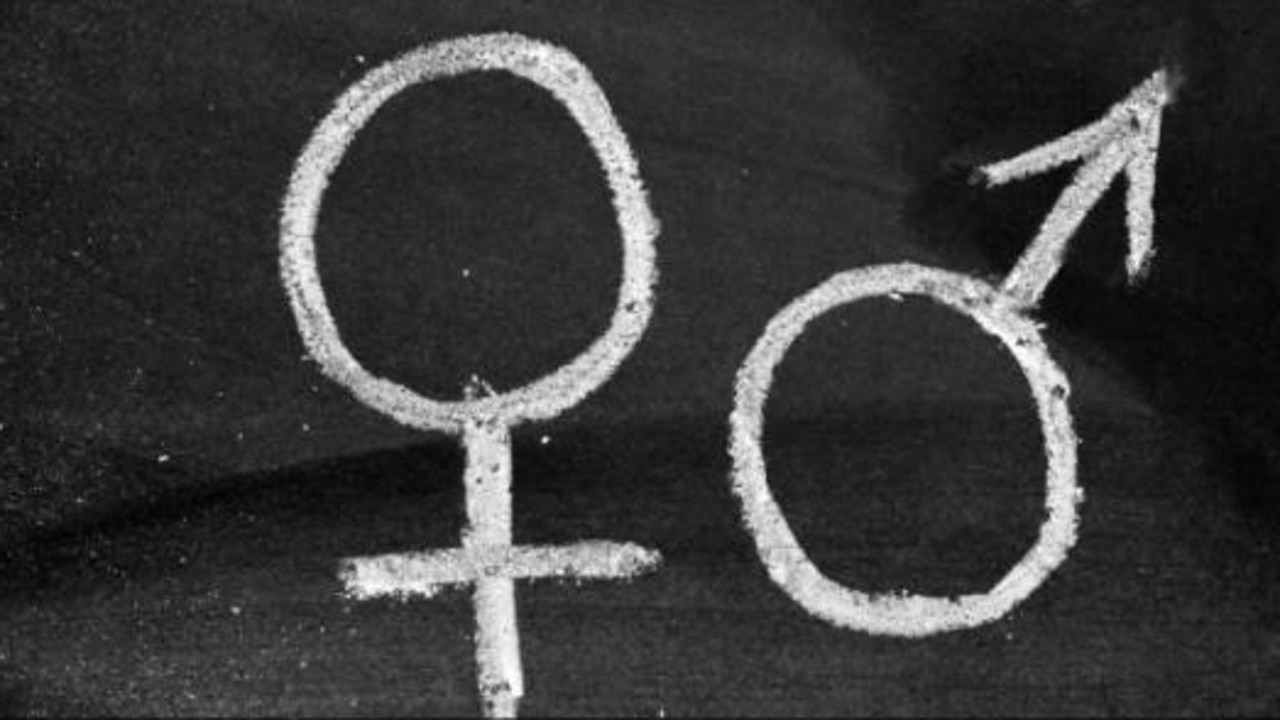
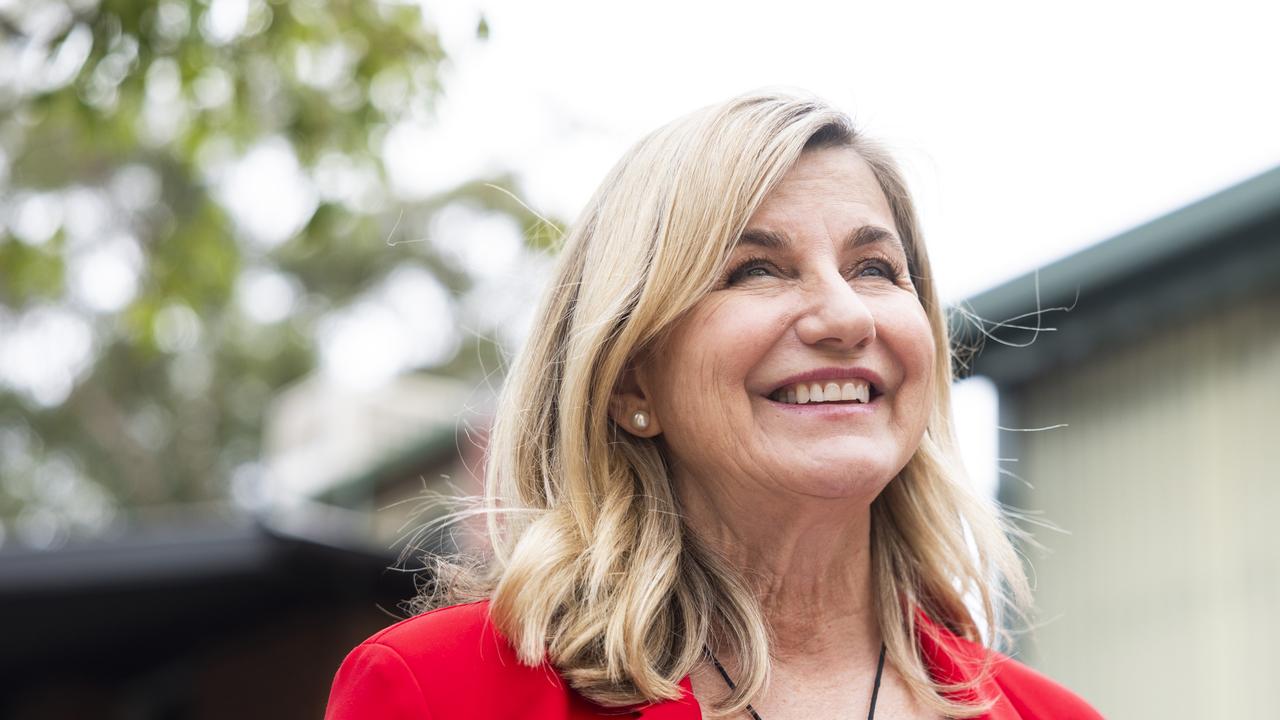
To join the conversation, please log in. Don't have an account? Register
Join the conversation, you are commenting as Logout